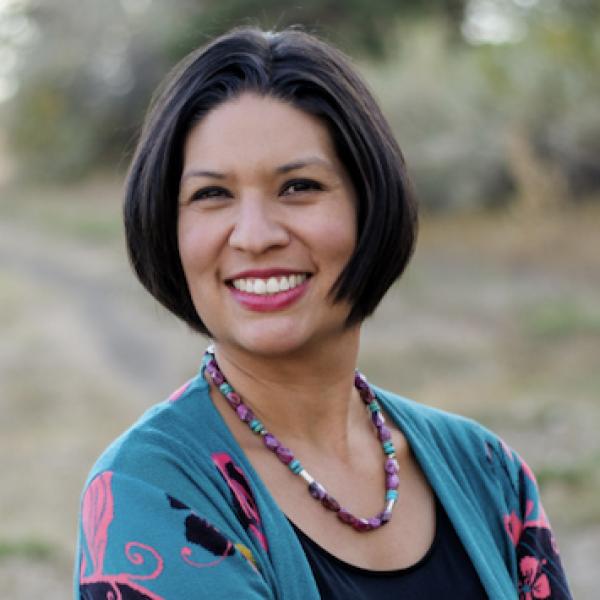Ever since the COVID-19 pandemic resulted in a wave of social media-driven vaccine skepticism, much has been made about spread of internet-fueled misinformation driving health care decisions.
But data from the 2023 Colorado Health Survey showed that most Coloradans still relied on doctors or other health care professionals for medical information.
For the first time, the CHAS asked respondents what sources they consult when they have a question about their health. Their answers can help providers and public health professionals understand how they can best reach communities with critical health information and where they need to focus their efforts when it comes to combatting misinformation.

